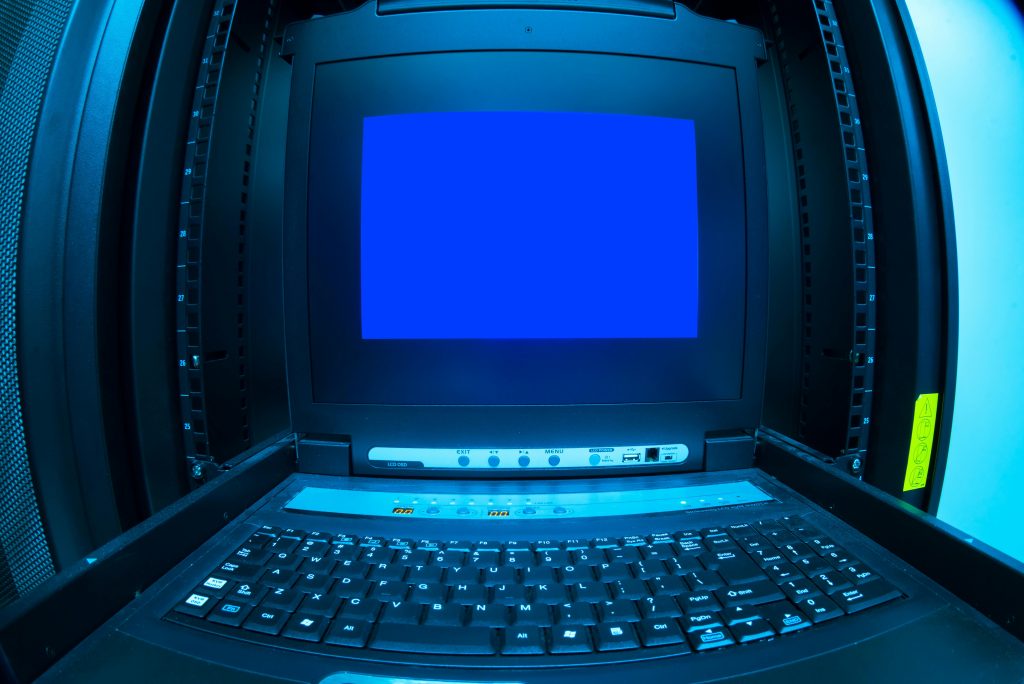Effective Strategies for Troubleshooting Gaming Crashes on a Windows PC
Understanding and resolving gaming-related crashes can be challenging, especially if you’re not a tech expert. Recently, a user shared their experience with a pre-built gaming PC encountering stability issues during intensive gaming sessions. Below, we compile a comprehensive guide to diagnosing and addressing similar problems, based on this real-world scenario.
Scenario Overview
The user’s PC, purchased from iBUYPOWER in 2021, began crashing randomly during demanding games such as Skyrim, The Witcher 3, and Splinter Cell: Blacklist. These crashes typically occurred after 15-30 minutes of gameplay, without any specific error messages. Attempts to resolve the issue included driver rollbacks and system tweaks, but the problem persisted.
Key Details of the System
- Operating System: Windows 11 (version 24H2)
- Motherboard: Gigabyte B560 DS3H AC-Y1 (BIOS version F4; attempts to update to F15b and F14 failed)
- CPU: Intel Core i7-11700F (11th generation, 2.5 GHz)
- RAM: 16 GB
- Graphics Card: NVIDIA GeForce RTX 2060
- Graphics Driver: Updated to latest (576.80), then rolled back to earlier version (511.79)
Troubleshooting Steps and Insights
-
Adjusting Graphics Settings
-
Disabling Hardware-Accelerated GPU Scheduling: Turning this feature off temporarily stabilized some games, allowing longer gameplay without crashes. However, crashes resumed with certain titles like Splinter Cell: Blacklist after about an hour.
-
Updating BIOS
-
Attempted BIOS Update: The user downloaded the latest BIOS version from Gigabyte’s official website, prepared a USB drive, and attempted to upgrade via Q-Flash.
- Encountered Errors: During the BIOS update, an “Invalid BIOS read” error occurred around 25% completion. Post-failure, the system displayed a “BOOT read” error but continued to boot Windows normally once acknowledged.
-
Further Attempts: Using earlier BIOS versions also failed to update, leaving the system with BIOS F4.
-
Driver Management
-
Graphics Drivers: Multiple versions tested—latest and older—did not resolve the crashes, indicating the issue may not be directly related to GPU drivers.
-
Game Launchers and Optimization Settings
-
The problematic games were launched via
Share this content:



